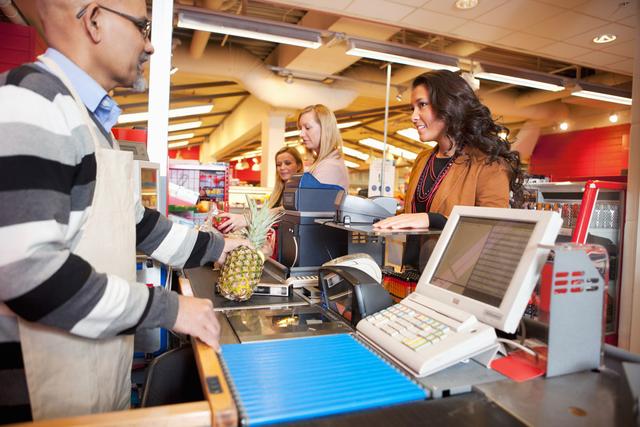Personal Shoppers
Overview

Introduction
People who do not have the time or the ability to go shopping for clothes, gifts, groceries, and other items use the services of personal shoppers. Personal shoppers shop department stores, look at catalogs, and surf the Internet for the best buys and most appropriate items for their clients. Relying on a sense of style and an ability to spot a bargain, a personal shopper helps clients develop a wardrobe and find gifts for friends, relatives, and employees.
Department stores, such as Bloomingdales and Nordstrom, employ person...
Quick Facts
Median Salary
Employment Prospects
Minimum Education Level
Experience
Skills
Personality Traits
Earnings
Personal shoppers bill their clients in different ways: they set a regular fee for services, charge a percentage of the sale, or charge an hourly rate. Personal shoppers employed by a department store are paid by the company, are paid on commission, or some combination of hourly wage and commission.
A self-employed personal shopper may find it best to charge by the hour; when shopping fo...
Work Environment
Personal shoppers have all the advantages of owning their own business, including setting their own hours and keeping a flexible schedule. But they also have all the disadvantages, such as job insecurity and lack of benefits. Though personal shoppers do not have to deal with the stress of a full-time office job, they will have the stress of finding new clients and keeping the business afloat en...
Outlook
The U.S. Department of Labor reports that overall employment in personal care and service occupations (including personal shoppers) is projected to grow faster than the average for all occupations from 2023 to 2033. However, personal shopping is a new business development, so anyone embarking on the career will be taking some serious risks. There is not a lot of research available about the car...






















































